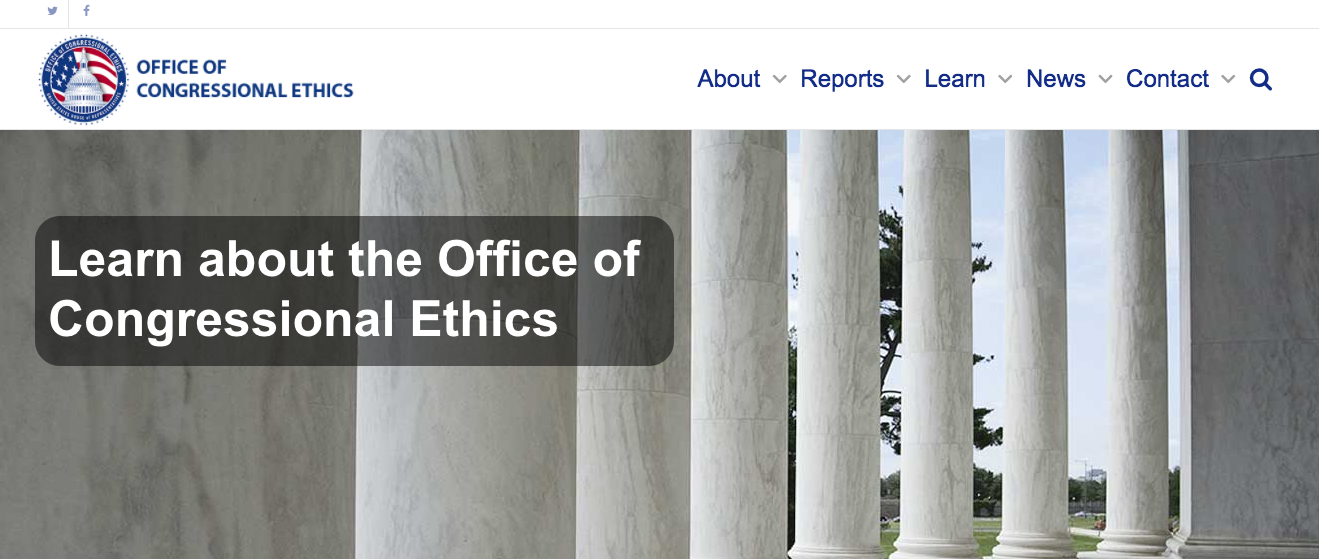
Analysis
As Washington Debates Major Tech and AI Policy Changes, Big Tech’s Lobbying is Relentless
Major players including Meta, Alphabet, and Nvidia combined to pour more than $36 million into their influence operations during the first half of 2025 — an average of $320,000 per day...
As Congress weighed a sweeping, decades-long ban on state regulations on artificial intelligence (AI) — a move heavily backed by Big Tech — the industry’s biggest players poured record-breaking sums…





